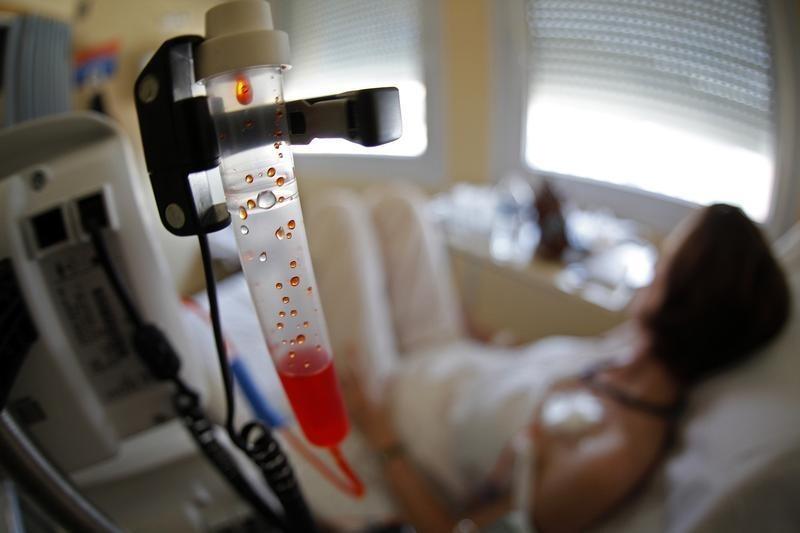Cancer cure news 2017: Genetic analysis sparks possible breakthrough for bladder cancer
There have been recent significant findings in the world of medical technology regarding cancer treatment, specifically for prostate cancer, which could potentially save the lives of men across the globe. This breakthrough could be achieved if medical practitioners make use of artificial intelligence, which is currently being done at the Institute of Cancer Research in London.
In a report by The Telegraph, after analyzing different types of genetic structures, researchers have determined that it is possible to make necessary adjustments in administering treatment given a specific type of gene. As of now, it is estimated that around 47,000 men are found to have cancer every year. If left untreated, these men can eventually experience long term effects such as an array of complications in their excretory system.
However, the risk is the almost the same for those who undergo radiology treatment that patients are not compatible with. According to Medical Express, there is a separate study that focuses on bladder cancer, and has similar findings to that of the advancement in prostate cancer. In this study, researchers have found that for non-invasive types of bladder cancer, "genetic signature" could also be analyzed to properly tailor fit the treatment for each patient.
These findings came from the University of Leeds in England. However, doctors still have to cross reference the many types of genetic structures in order to check for potentially abnormal mutations that can occur within the body. More tests will have to be conducted to further prove these new findings, which will hopefully permeate into the many other types of cancer.
Most people would consider this news to be a significant leap towards cancer solution, but doctors will have to be careful before they proceed to test their findings on actual patients. In a separate report, 10 leukemia patients in South Australia were allegedly mishandled by their doctors when they were being treated for their illness.
These 10 patients did not receive the correct amount of dosage for their medicine, and has caused the government to deem the incident as "disrespectful" towards the patients, as well as their families. This means that despite there being new discoveries for alleviating cancer, a simple human error can make a huge difference between life and death.












